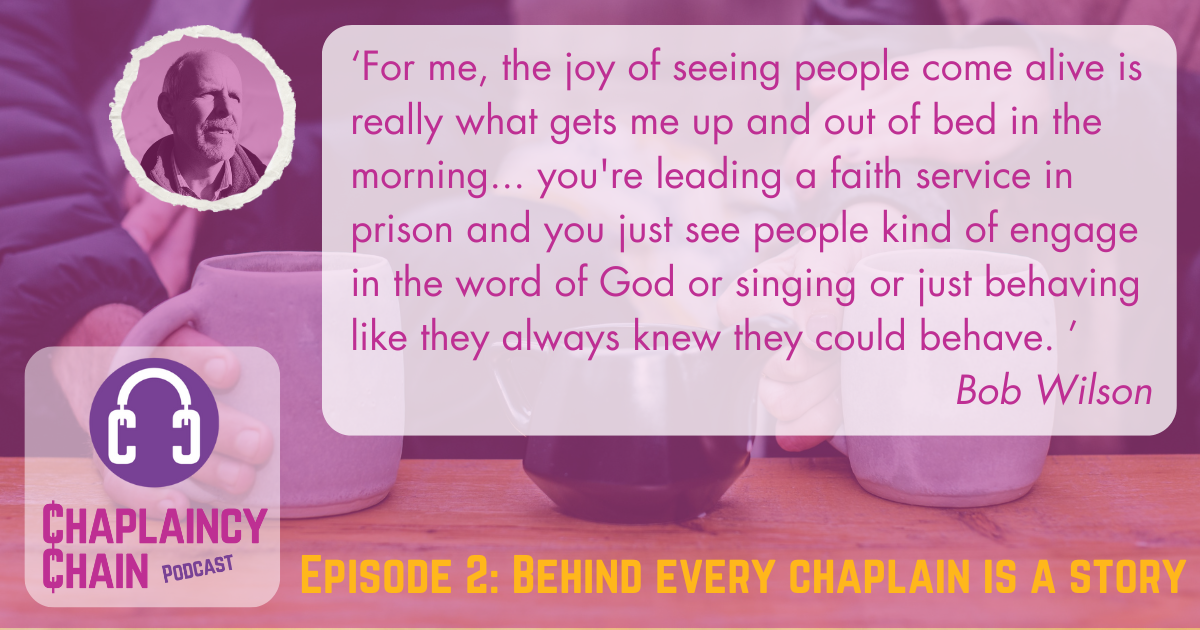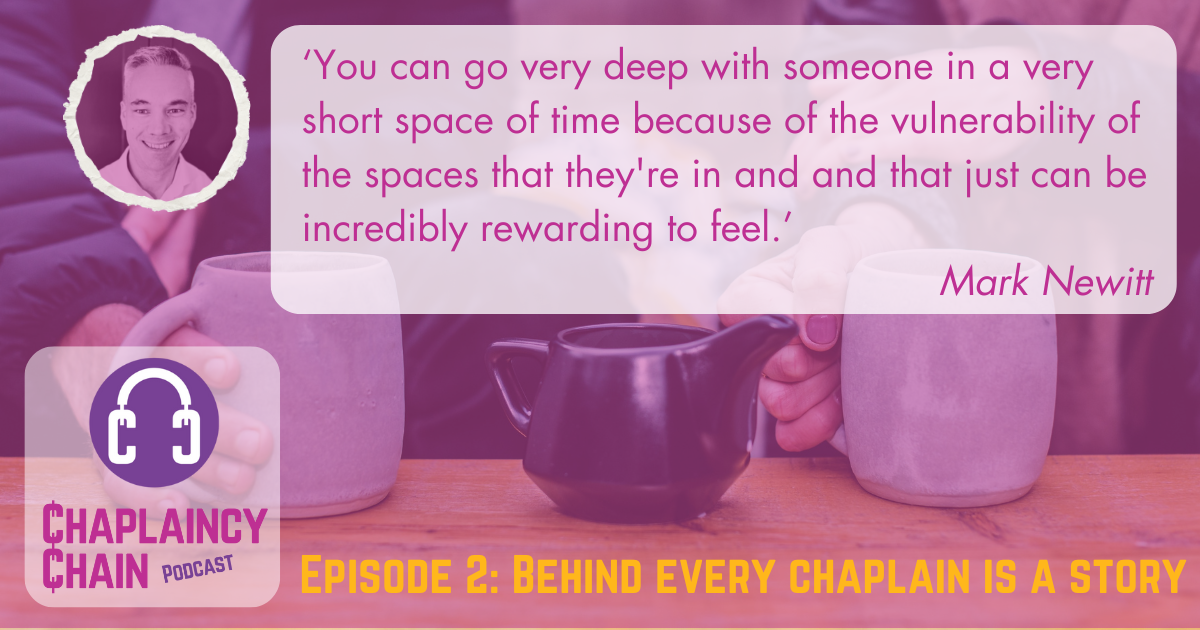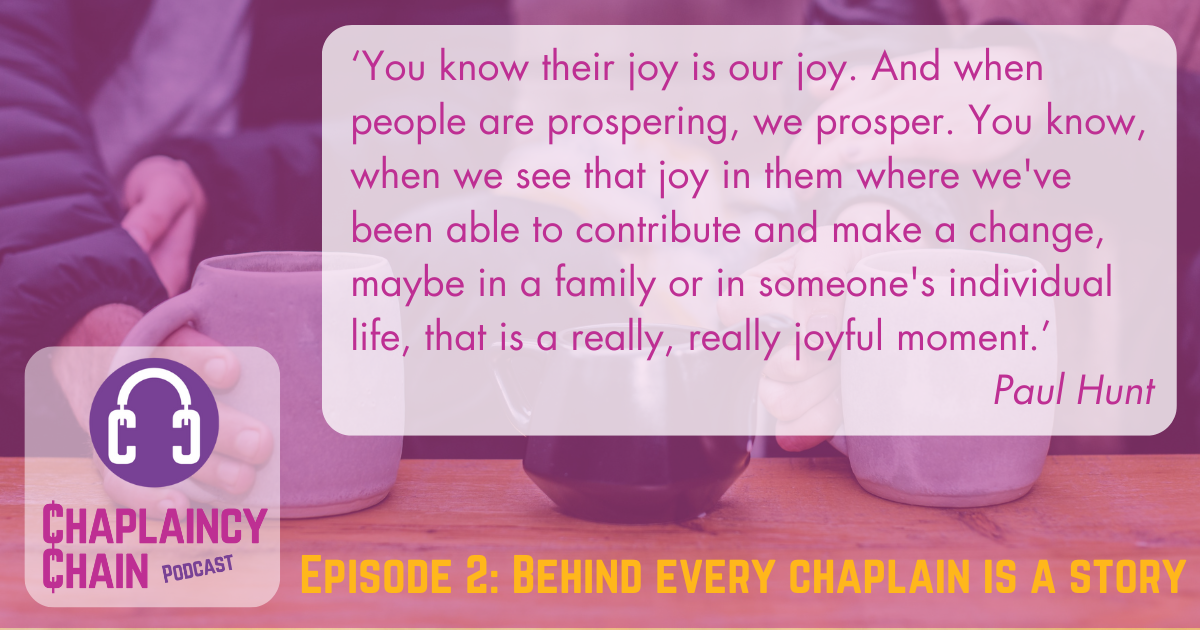All sorts of people are called to chaplaincy. Discover some of their stories and inspiration as the team delves into the joys and challenges of chaplaincy.
Listen
The Guests
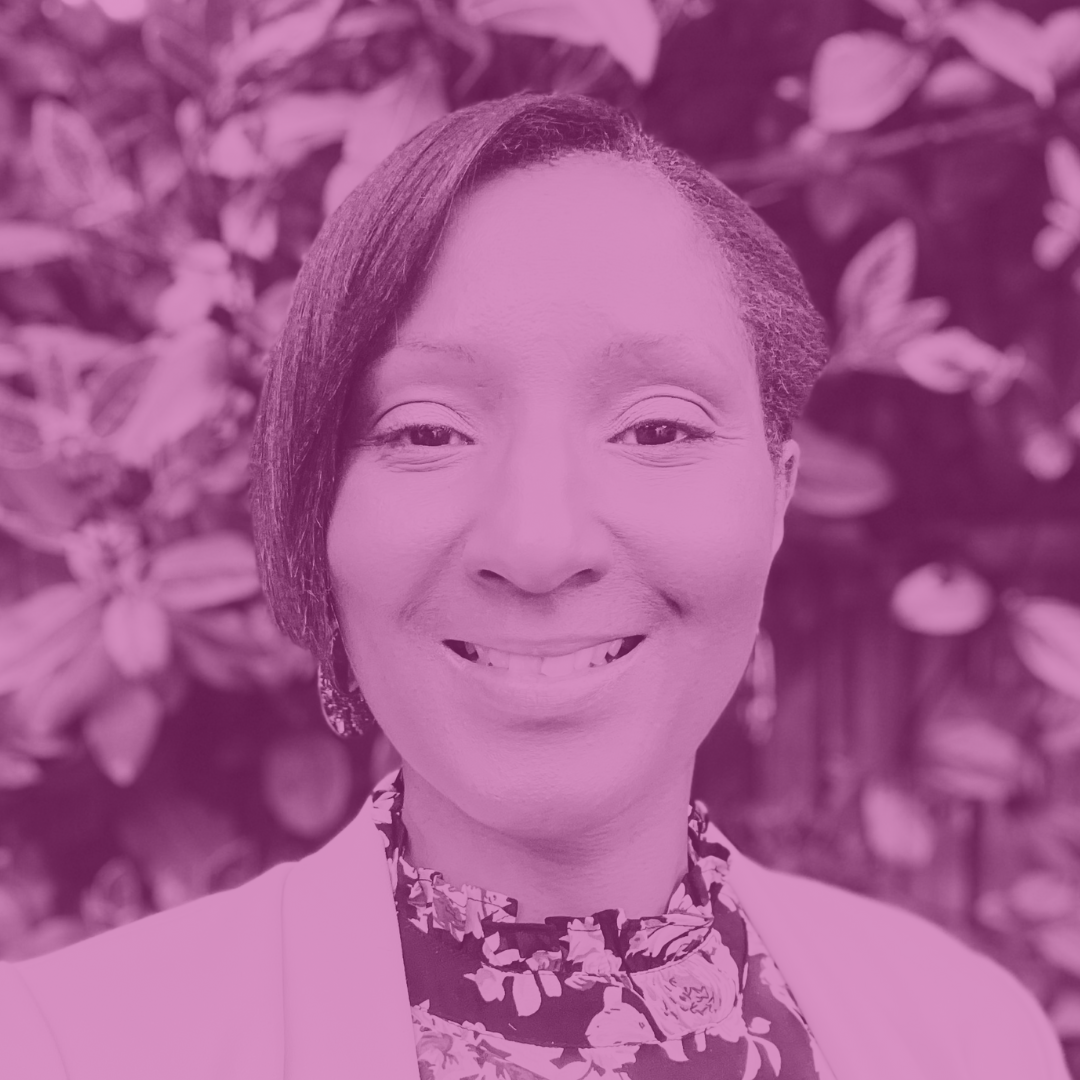
Grace Allick
Grace is a mum of two. Since her ordination as an AoG Minister in 2018, Grace worked part-time as a hospital Chaplain at Barking, Redbridge and Havering University NHS Trust in East London. She is a registered member of the UK Board of Healthcare Chaplains (UKBHC) and the College of Healthcare Chaplains (CHCC). Grace is also on the Free Churches Group Healthcare Steering Committee. Grace is committed to professional development and completed a Masters in Applied Theology.
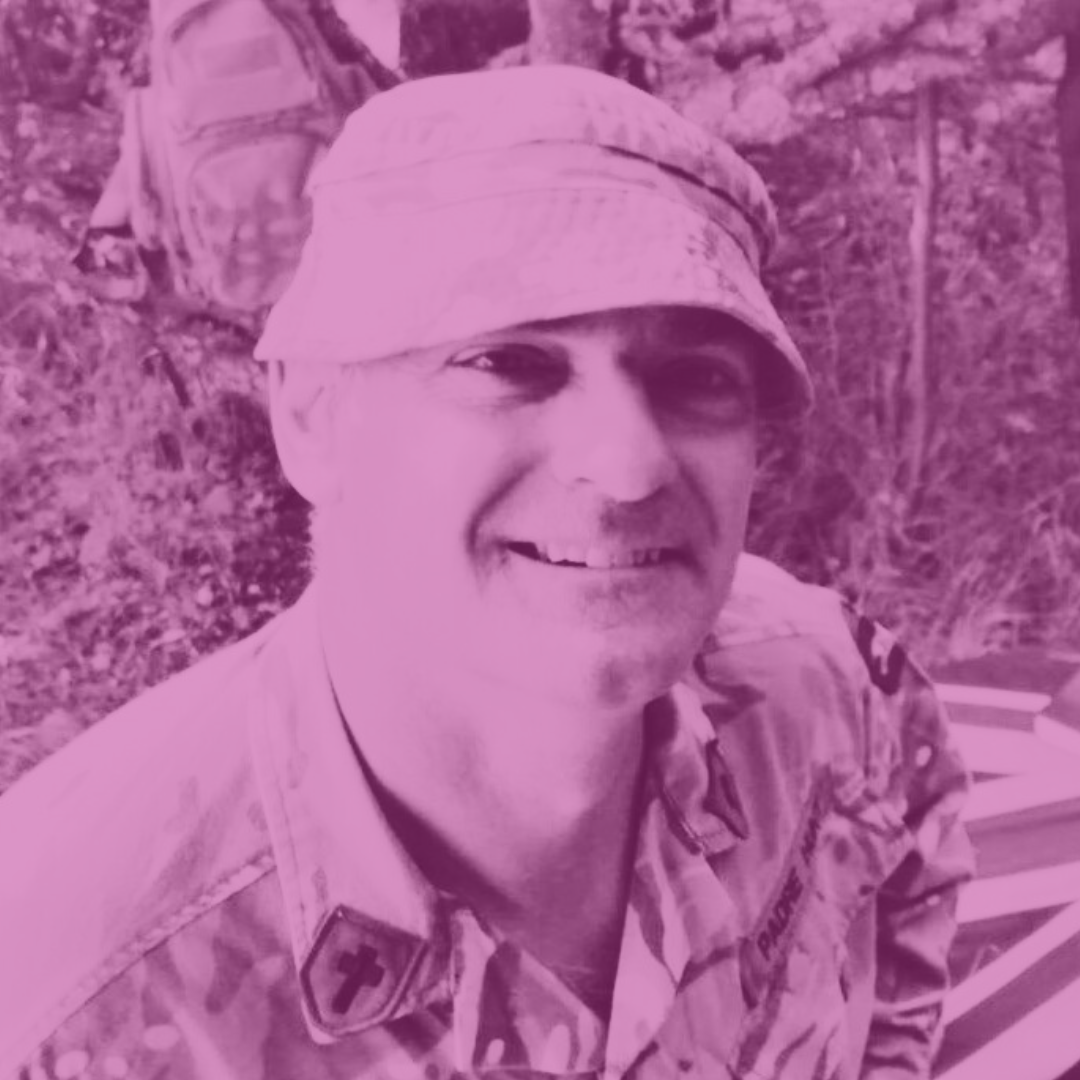
Paul Hunt
South African-born, Paul Hunt is a chaplain in the British Army, currently serving with 2nd Battalion the Parachute Regiment. Prior to this Paul served as a prison chaplain and ordained church minister within the AoG UK. He is the proud father of three adult children and enjoys a BBQ or more correctly, “braai.”
Conversation Snippets
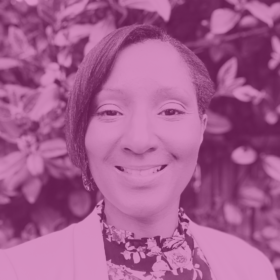
Grace Allick
‘For me, it did literally mean stepping out of my job and stepping out in faith and saying, okay, from a faith perspective I know that this is what God has asked me to do and I’m just going to go and pursue that and I had a real sense of peace about it.’
‘They knew I hadn’t had hospital experience, but I had had a lot of experience from pastoral visits or just the things that you do day-to-day, you know when we talk about transferable skills and there’ll be many people that may have supported loved ones through illnesses, they may have supported family members and those kind of transferable skills, whether it’s pastoral in your local church setting, you’ve got pastoral skills. You’re part of that ministry. They’re transferable skills, particularly when you’re talking about the hospital and and chaplaincy settings.’
‘There’s some of the encounters that you have with people that are just precious, you know, their feedback or just the expressions they have. They might have asked for a prayer and you’ve said a prayer and you can see a tear rolling down their eye. You know, the way they hold your hand and don’t want you to leave when you say, oh, I’ve just come to see you this morning. Those are some of the real precious moments where you can see the impact that you’re making.’
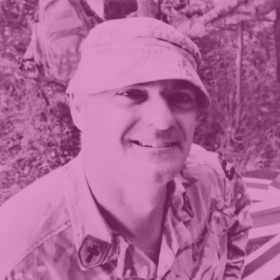
Paul Hunt
‘I’d been working with people’s dreams, people’s homes, people’s houses, and things like that. I think, slowly what dawned on me was that with chaplaincy you have a real impact, to be able to build not just somebody’s physical home, but actually to build someone in a spiritual sense.’
‘The whole thing of being self-aware… because if you’re going to go into chaplaincy, one of the things you have to be is authentic. In my context, I am living, breathing, sleeping with guys day in, day out, you know, in the field or wherever it may be. If they don’t first know me as Paul, the Padre doesn’t really matter.’
‘In my context, what brings me joy, I’m able to spend time with some fantastic people, really, you know, people that are well acquainted with self sacrifice. I think a couple of years ago we had the operation bringing people out of Afghanistan. The amount of man hours, the humlilty, the dedication to their work is really a joy, not only to observe, but to to be able to serve in that context. And so for me, that’s really what it is. And in those moments, you know, where, you know when there’s weddings, when I’ve got time, and when there’s dedications of children and and those moments in their lives that are really special to them. You know their joy is our joy. And when people are prospering, we prosper. You know, when we see that joy in them where we’ve been able to contribute and make a change, maybe in a family or in someone’s individual life. That is a really, really joyful moment.’
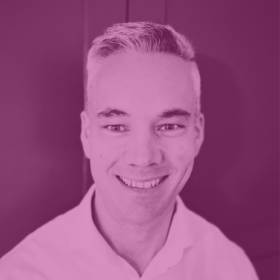
Mark Newitt
‘Chaplaincy was a sense of almost coming home in some ways, which is a strange thing as I had never been there. But it suited me, engaging with people where they are at.’
‘I’m ordained in the Church of England, and that’s where I’m able to draw on those resources that make me who I am and my spiritual beliefs to serve those other people whose needs come first. And I’m responding to them. But I’m resourced because of my own tradition and spirituality.’
‘I guess calling is that feeling that this is where I’m meant to be. And then when you experience it, it feels right. But then there’s also that aspect of that being tested out by other people.’
‘You can go very deep with someone in a very short space of time because of the vulnerability of the spaces that they’re in and and that just can be incredibly rewarding to feel.’
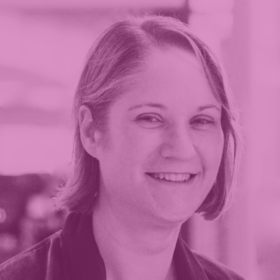
Sarah Lane Cawte
‘I think that’s really encouraging because I think for some people they’re put off because they feel a calling or a sense of vocation should be something that is really dramatic and it isn’t always and it’s not always sudden, and it can be something that really builds up over time.’
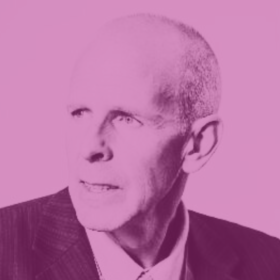
Bob Wilson
‘I remember initially I wasn’t interested in chaplaincy because I thought they did all the soft stuff… however, as I was doing more and more courses and things with chaplaincy, I saw the real impact that they had, not just with the soft stuff, but actually with people going through some really difficult times and I felt that that was really important to get engaged with.’
‘We’ve all explored the idea of chaplaincy and to do that in a solitary way is really difficult and just to think through things in your mind even if you’re sitting down prayerfully… but when you sit round the table, or go on a course, or do some educational stuff, then actually you start to realise there’s more to this and it is a possibility… people realise quite quickly if it’s where they feel at home.’
‘For me, the joy of seeing people come alive is really what gets me up and out of bed in the morning, when you, well, you’re leading a faith service in prison and you just see people kind of engage in the word of God or singing or just behaving like they always knew they could behave. And so they get that
opportunity just to be like Sunday worshippers like everybody else, a Sunday worshipper and you just see that sense of life in them.’
Help promote this episode
Help raise the profile of chaplaincy by promoting The Chaplaincy Chain Podcast. You might like to use some of these images in social media posts. You should be able to download and save them by right clicking on the image you would like to use. We really do appreciate any support in telling others!



